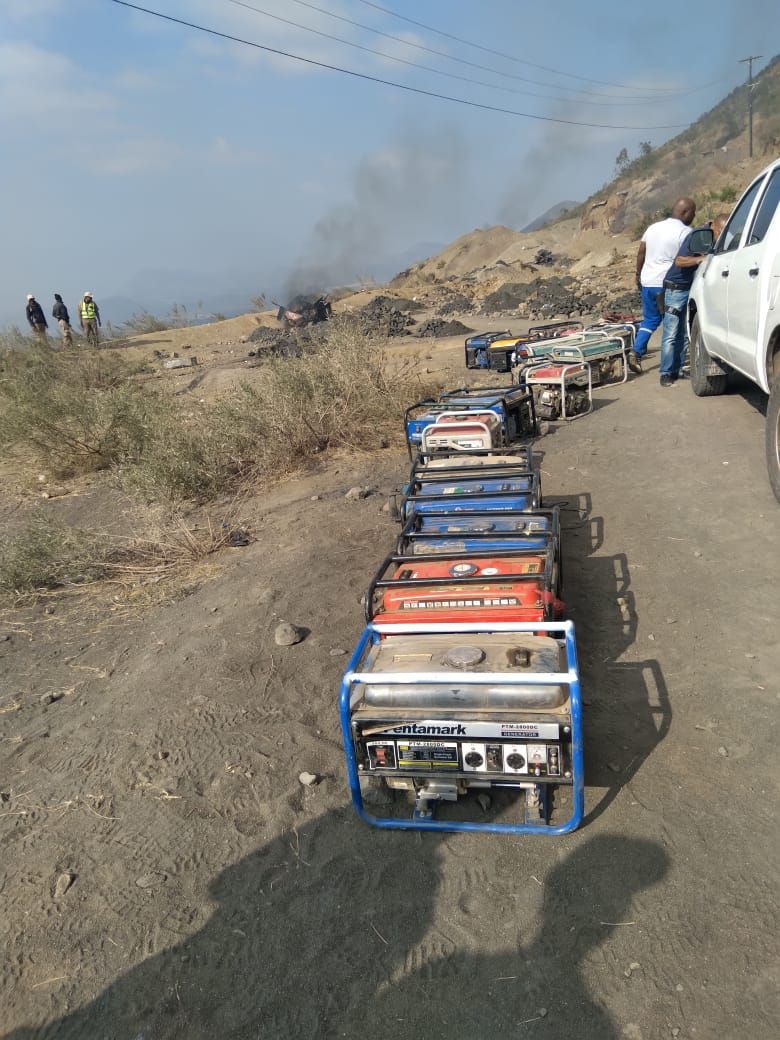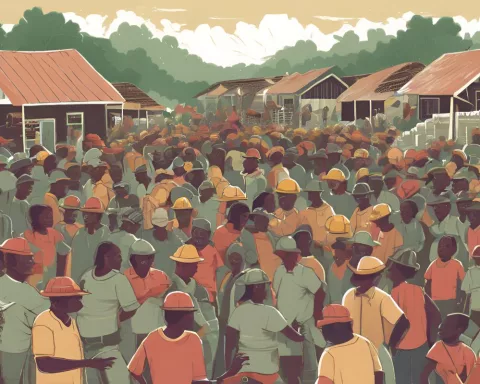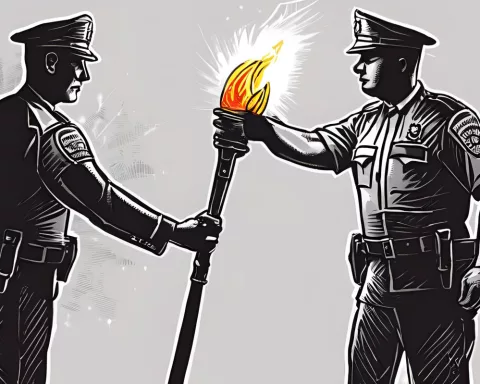In a strategic operation conducted by the South African Police Service (SAPS) on June 21, 2033, two illegal miners were apprehended in the Sekhukhune District. This crackdown, which occurred in the Driekop policing area’s Mooihoek Mountain, near the Black Chrome shaft, highlights the government’s continued efforts to combat illicit mining activities.
The Arrests
The Provincial Illegal Mining Task Team conducted the meticulously planned disruption operation, composed of members from Sekhukhune District, Tubatse, Meckleburg Burgersfort, and other local police stations. The team specifically targets illegal mining, and the operation was initiated after receiving crucial information regarding illicit activities at the old Black Chrome shaft.
A number of illegal miners fled in various directions upon the task team’s arrival, evading arrest. However, the swift actions of the SAPS resulted in the apprehension of two suspects. The operation also led to the confiscation of 23 generators and five jackhammers, further impeding the illegal miners’ operations.
The Risks of Illegal Mining
Illegal mining poses severe risks not only to the environment but also to the lives of those involved. These unregulated operations often make use of hazardous chemicals, such as mercury and cyanide, which may cause significant damage to ecosystems and harm local communities. Furthermore, the lack of safety measures in illegal mining activities exposes workers to life-threatening accidents and long-term health issues.
Protecting the Mining Industry
The mining sector is a vital pillar of South Africa’s economy, contributing to job creation and the nation’s development. However, illegal mining activities hamper the industry’s growth, circumventing regulations and depriving the state of much-needed revenue. By combating illicit mining, the SAPS aims to protect the legitimate mining industry, ensuring its long-term sustainability and prosperity.
Response from the SAPS
Limpopo’s Provincial Commissioner of the South African Police Service, Lieutenant General Thembi Hadebe, expressed her satisfaction with the successful operation. She commended the determination of the task team in arresting the suspects and their unwavering commitment to safeguarding the province’s valuable natural resources.
The arrested suspects will soon face trial at the Sekhukhune Magistrate’s Court on charges of illegal mining and contravention of the Immigration Act. As the investigation proceeds, the SAPS remains vigilant in their efforts to enforce the law and protect the mining industry’s integrity.
Ongoing Challenges
While the recent operation in Sekhukhune District represents a significant step in the fight against illegal mining, it also serves as a reminder of the ongoing challenges. As long as demand for minerals remains strong and regulations are not adequately enforced, illegal mining will continue to plague South Africa. However, the dedication and vigilance of the SAPS and the Provincial Illegal Mining Task Team serve as a beacon of hope in the ongoing battle to protect the country’s mineral wealth and ensure a lawful, sustainable mining sector.











